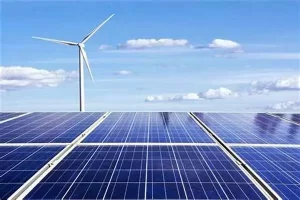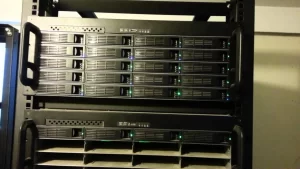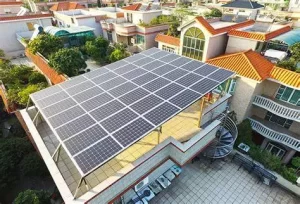The Future of Lithium Batteries: Innovations and Trends
Lithium batteries have emerged as a transformative technology, revolutionizing the energy storage landscape with their efficiency and versatility. As we look ahead, several key innovations and trends are shaping the future of lithium batteries:

1. Enhanced Energy Density: A major focus of research and development in lithium battery technology is enhancing energy density. This advancement allows batteries to store more energy in a smaller and lighter package, crucial for applications ranging from electric vehicles (EVs) to mobile devices. Higher energy density not only extends the range of EVs but also enhances the performance of portable electronics, making them more convenient and efficient for everyday use.
2. Sustainable Materials and Recycling: Sustainability is increasingly becoming a priority in battery manufacturing. Innovators are exploring new materials and recycling processes to reduce the environmental footprint of lithium batteries. From sourcing lithium responsibly to developing recycling technologies that reclaim valuable materials, efforts are underway to create a closed-loop system that minimizes waste and supports a circular economy.
3. Integration with Renewable Energy: Lithium batteries play a pivotal role in the integration of renewable energy sources like solar and wind into the power grid. They enable efficient energy storage solutions that stabilize intermittent renewable power generation, ensuring a reliable electricity supply. This capability is crucial for enhancing grid resilience and facilitating the transition towards a cleaner and more sustainable energy future.
4. Advancements in Safety and Durability: Continuous improvements in battery management systems and manufacturing techniques are enhancing the safety and durability of lithium batteries. Innovations such as solid-state electrolytes and advanced thermal management systems are reducing the risk of overheating and battery fires, ensuring safer operation across various applications.
5. Emerging Applications: Beyond consumer electronics and electric vehicles, lithium batteries are finding new applications in industries such as aerospace, healthcare, and grid-scale energy storage. From powering drones and medical devices to supporting large-scale energy projects, lithium batteries are expanding their role in shaping technological advancements across diverse sectors.
Looking Ahead: The future of lithium batteries holds promise for further breakthroughs in efficiency, sustainability, and cost-effectiveness. As research continues to push the boundaries of innovation, expect to see batteries that are not only more powerful and reliable but also environmentally friendly and economically viable. Stay informed about the latest trends and advancements that are driving the evolution of lithium batteries and shaping the future of energy storage technology.
Contact us
- Email:[email protected]
- Tel: +86 13651638099
- Address: 333 Fengcun Road, Fengxian District, Shanghai
Get A Quote Now!

Read more

Unveiling Photovoltaic+Energy Storage: Four Major Application Scenarios Leading the Future of Energy
In this way, the energy landscape is evolving, and one of the most thrilling developments in renewables is the integration of photovoltaics energy storage.

From Theory to Practice: Four Methods for Estimating Photovoltaic Power Generation
Photovoltaic power generation has become an essential part of modern energy solutions, particularly in home solar systems and distributed power applications

Rack-Mounted Lithium Iron Batteries: Creating Efficient and Reliable Energy Storage Solutions
When it comes to modern energy solutions, rack-mounted lithium iron batteries are taking center stage in a variety of industries. Whether you’re powering data centers, stabilizing energy for households, or keeping critical systems online at 5G base stations, these batteries have become the unsung heroes of our electrified world.

Late Night Energy Saving Tips: How to Maximize Electricity Savings During Off-Peak Hours
With rising energy costs, homeowners are increasingly exploring innovative ways to save on their electricity bills. One effective approach is utilizing off-peak hours—times when electricity rates are significantly lower due to reduced demand.
